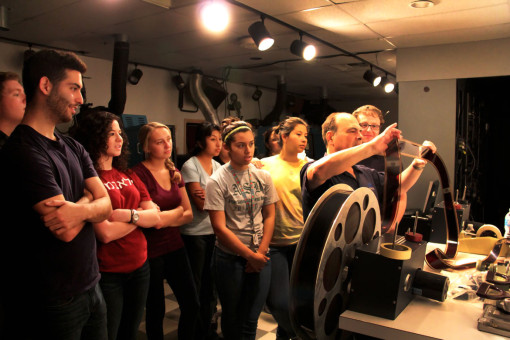Federal Communications Commission chairman Tom Wheeler formally asked the Commission today to begin a rulemaking proceeding in which the agency would update its "interpretation of the term 'multichannel video programming distributor' (MVPD) so that it is technology-neutral."
Such changes would enable internet television providers to negotiate station carriage deals just as conventional cable and satellite entites do.
Wheeler suggests that the migration of video content to the web can do a great deal to alleviate the frustrations of consumers who complain that bundled cable as we know it forces them to buy channels they do not watch. But first, the online-based video services need access to the programs.
"Twenty-first century consumers shouldn’t be shackled to rules that only recognize 20th century technology," he said.
The chairman pointed toward Title VI of the Communications Act, in which Congress stopped cable companies who own video content from refusing to let their competitors have access to that programming.
This move broke down "artificial barriers to competition" for satellite-based providers and telephone companies engaging in video content delivery.
"I believe it makes just as much sense – and will have just as positive a consumer benefit – for an OTT," Wheeler said.
Seeking to assure open access to broadband delivery and access to programming for those taking advantage of that open access, the Commission aims to spur new business models that will provide more customizable video programming choices to viewers.
Read Wheeler's complete remarks here in his official FCC blog post, "Tech Transitions, Video and the Future."












